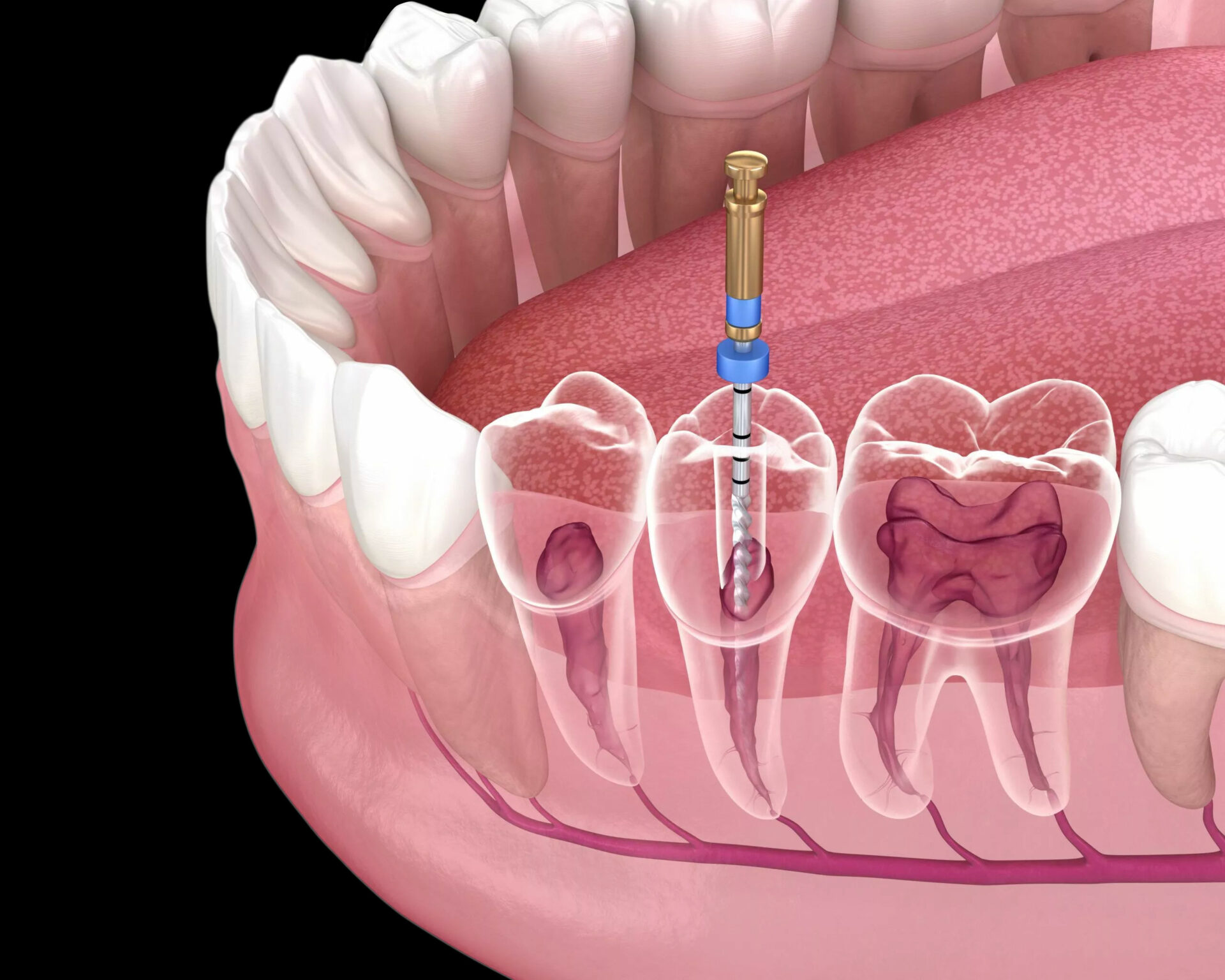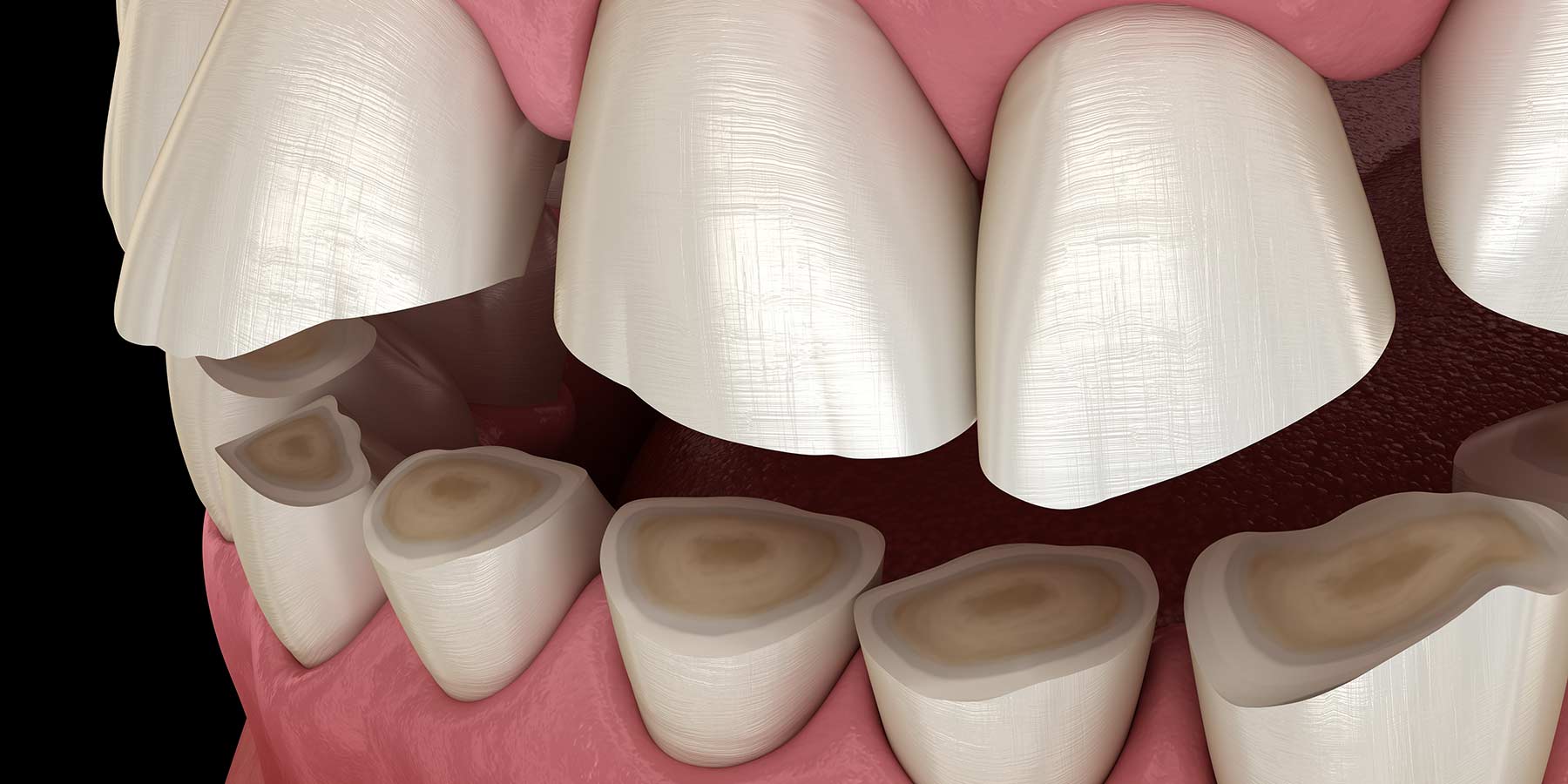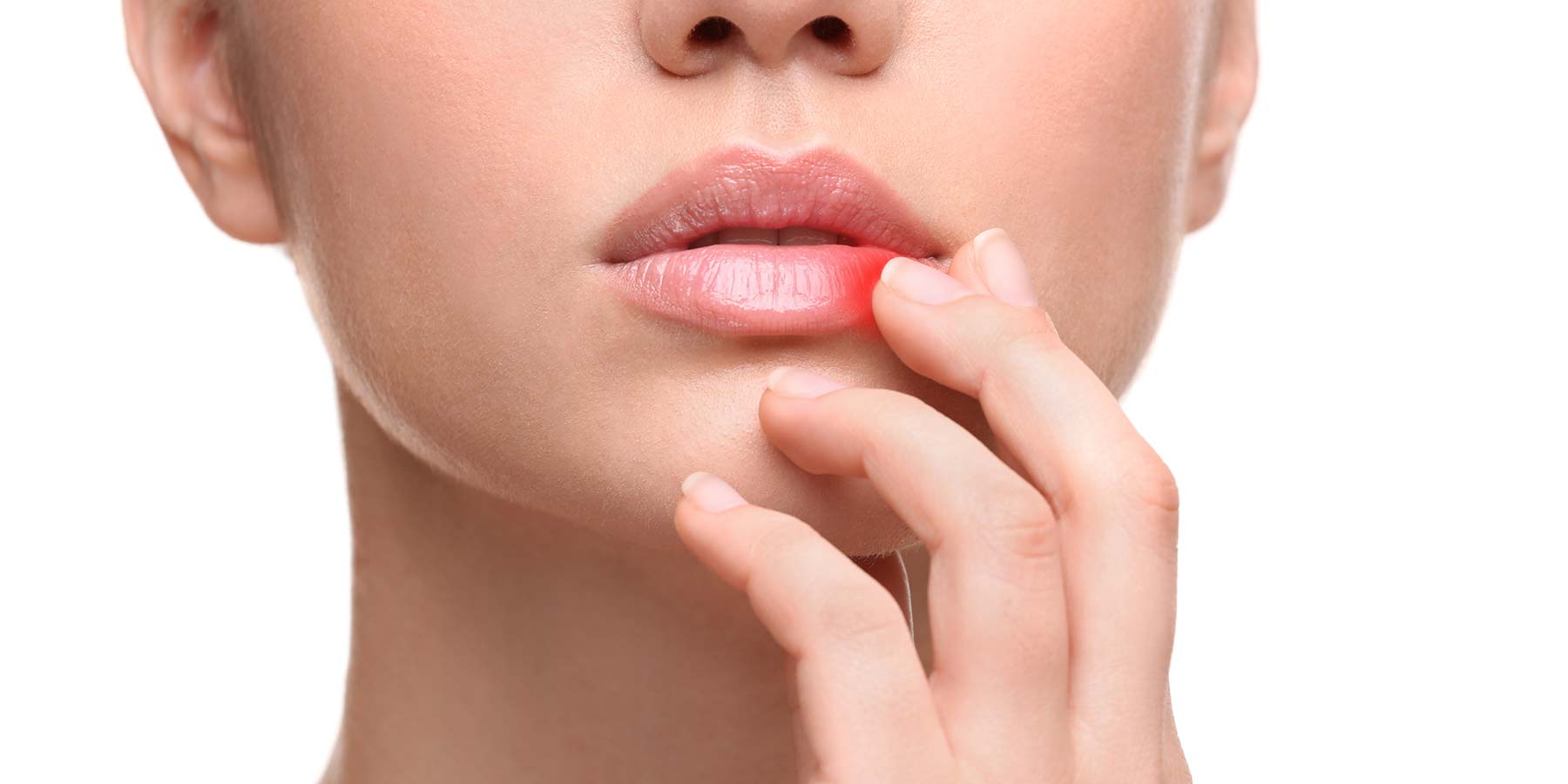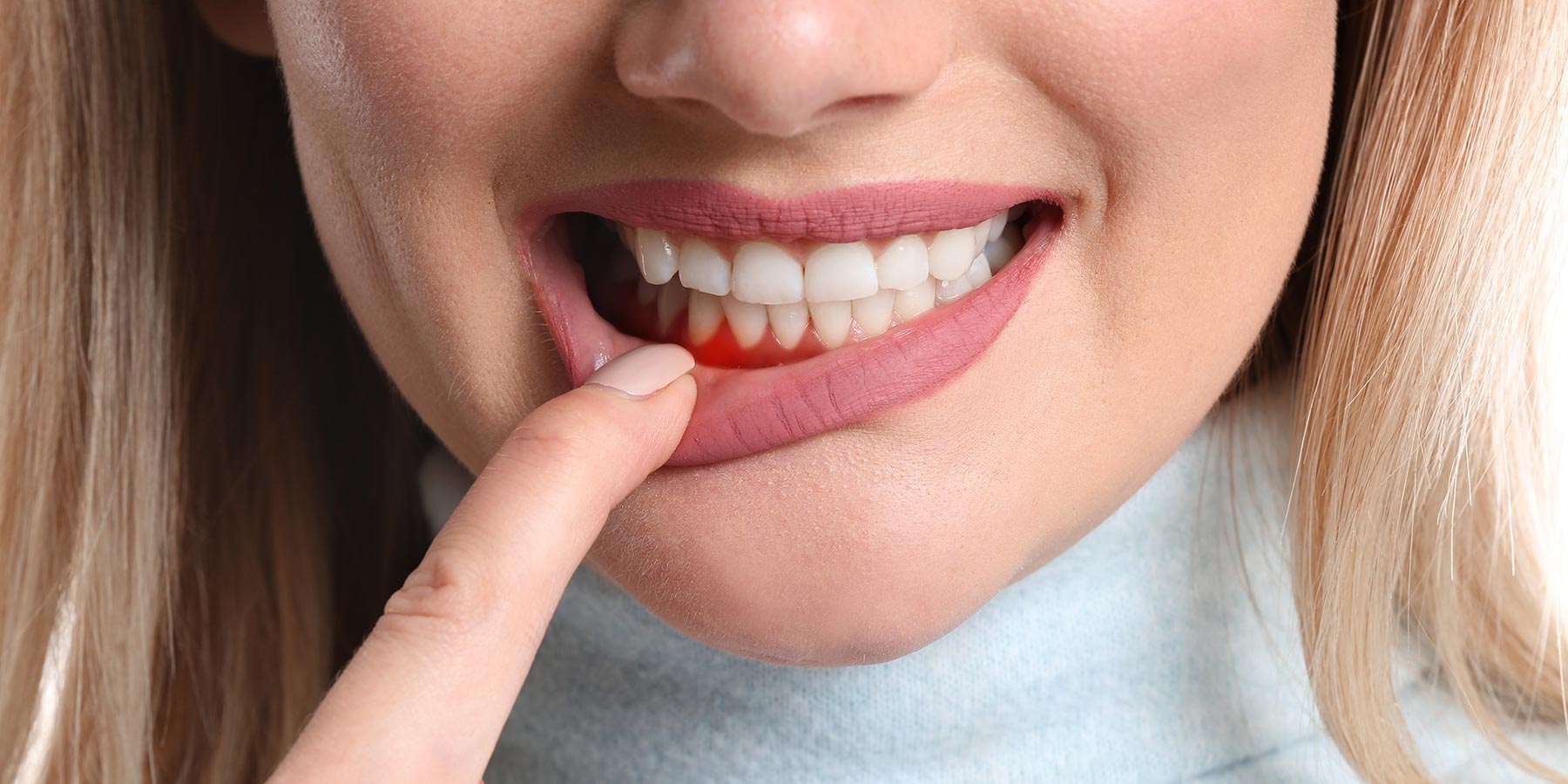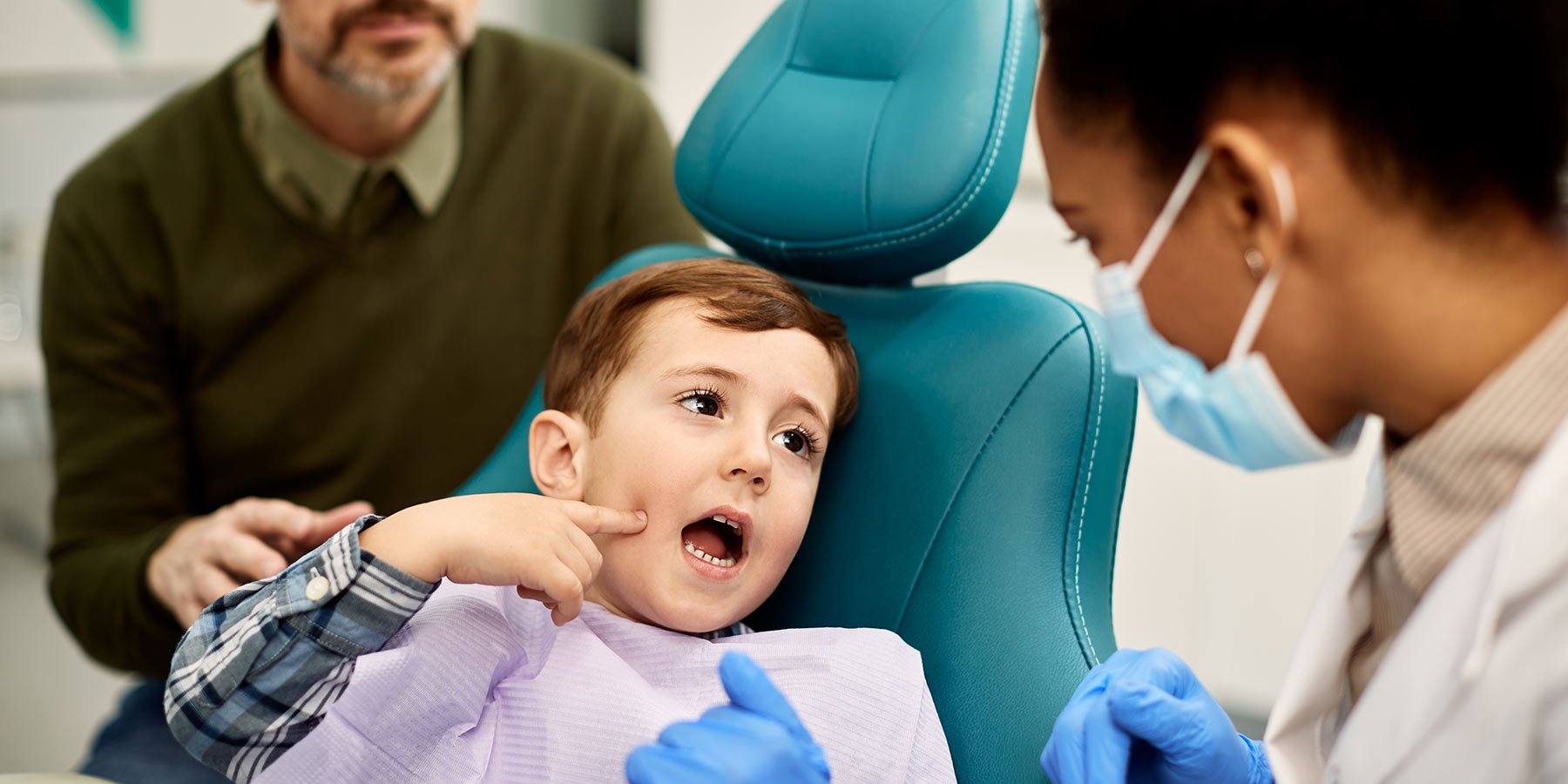Get help to stop grinding your teeth, and break free of the headaches. We have several locations with experts in treating bruxism in Madison, WI.
Continue readingMadison’s Top Dental Practice
Dental Health Associates has been selected as the Best Dental Practice in Madison in the 2022 Madison.com People’s Choice Awards!
Continue readingWill Grinding Teeth Cause Headaches?
Get help to stop grinding your teeth, and break free of the headaches. We have several locations with experts in treating bruxism in Madison, WI.
Continue readingWhy Summer is the Best Time for Kids to Get Braces
This blog post discusses the reason to why summer is the best time for kids to get braces on. With school out and kids having growth spurts, summer is the perfect time for kids to get braces.
Continue readingOvercoming Dental Anxiety
If you suffer from dental anxiety, we will be happy to work with you to help you overcome your fears and make sure your smile receives the care it deserves.
Continue readingWhat Are Cold Sores and How Can You Get Rid of Them?
What are Cold Sores?
Cold sores are painful blisters that erupt on the lips, inside the mouth, tongue, cheeks, or the chin. These usually persist for about two weeks but may even last longer.
SYMPTOMS OF COLD SORES
Before a cold sore appears, you will experience an unusual tingling, burning, or itching sensation around the affected area. This may be around the corner of the mouth, lip, or even the nose and occurs 12-24 hours before the appearance of a blister.
The appearance of a cold sore may also be accompanied by flu-like symptoms such as fever, headaches, and nausea.
Laser Therapy Treatment for Cold Sores
One of the most recent advances for cold sore treatment is laser therapy. If you are experiencing frequent outbreaks and can recognize the tingling sensation that precedes an outbreak, laser therapy may just be the solution for you.
How does Laser Treatment for Cold Sores Work?
Laser treatment works by shining a laser over the cold sore to kill the virus that causes the outbreak. The laser does not touch the lesion, so no anesthetic is needed.
Benefits of Laser Treatment for Cold Sores
The lesion may not erupt if treated early, but if the sore has already broken, laser treatment can relieve pain and accelerate healing.
- Fast Healing
- Alleviates Pain
- Reduces Outbreaks
- Takes Only 15 Minutes
How quickly can I get in for treatment?
Because treatment time is so quick, we can usually work you into our schedule on short notice.
Ready to schedule your laser cold sore treatment appointment?
Contact Periodontal & Implant Specialists of Madison at our West Clinic 608-203-7023 or East Clinic 608-443-1778 as soon as you feel tingling or sense you are developing a cold or canker sore.
April is Oral Cancer Awareness Month
This month is Oral Cancer Awareness Month and at Dental Health Associates, we are committed to getting the word out and checking all of our patients as part of a regular dental visit. Early detection is important for treating oral cancer, and your dentist can help.
WHAT IS ORAL CANCER AND WHO IS AT RISK?
Oral cancer is cancer that develops in any part of the mouth, lips, or the back part of the throat (oropharynx). Each year, an estimated 54,000 Americans are diagnosed with oral cancer, according to the National Cancer Institute. In addition, oral cancer kills more Americans than cervical cancer, malignant melanoma or Hodgkin’s disease.
While anyone can develop cancer at any age, those at highest risk for developing oral cancer fall into these categories:
- Over 40 years old
- Use tobacco products – including cigarettes and chewing tobacco
- Heavy alcohol use
- Combine alcohol and tobacco – these create a greater risk combined than by using either one alone
- A family history of oral cancer
- Extensive sun exposure, which increases the likeliness of developing lip cancer
- A diet low in fruits and vegetables
SYMPTOMS OF ORAL CANCER
- White or red patches in the mouth
- Difficulty swallowing
- Loose teeth
- Numbness of lower lip
- Problems moving the jaw or tongue
- A consistent feeling that something is stuck in the throat
- A sore, irritation, or lump in the mouth, lip, or throat
Your dentist will conduct an oral cancer screening by examining your throat, the inside of your cheeks and lips, and the roof of your mouth at a regular dental cleaning and evaluation visit. However, if you have noticed any of these symptoms alone or in any combination, reach out to your dentist and primary care doctor as soon as possible. It’s better to eliminate the more serious possibilities early in order to get to the root cause behind your symptoms. Additionally, it’s much better to rule out cancer as a possibility or treat it quickly if it’s discovered.
DON’T WAIT IF YOU HAVE SYMPTOMS
Early detection is vital. One of the reasons oral cancer has a low (5-year) survival rate when compared to other major cancers is because many cancerous lesions are not diagnosed until they are in an advanced stage. However, if detected early, the survival rate for oral cancer is better than that of most cancers.
To perform a self-screening or learn more about potential symptoms, the Oral Cancer Foundation has created a website called CheckYourMouth.org.
For more information about Oral Cancer Awareness Month, visit the Oral Cancer Foundation.
About Dental Health Associates
At Dental Health Associates of Madison we are here to support you and your overall health and we create a personalized treatment plan for each and every patient. All of our dentists and staff will always be open and honest with you about your dental health, with a focus on preventative treatments and patient education. We’d love to schedule an appointment for you today!
Spring Cleaning for a Healthy Smile
March has arrived, which means that spring is just around the corner! For most of us, this time of the year is when we celebrate the end of winter by opening our windows, cleaning our houses, and getting out and enjoying some fresh air. But as we focus on fresh air and spring cleaning, how many of us think about our cleaning our teeth and ways we can ensure a healthy happy smile?
Even if you are dedicated to brushing your teeth twice a day and flossing at least once a day, you still should add dental cleaning to your spring routine. Visiting your dentist regularly can improve not only your oral health and your smile, but it can also significantly improve your long-term health.
What is the importance of dental cleaning appointments?
Routine Cleanings Make a Difference! We recommend dental cleanings every six months to remove plaque and tarter from your teeth, which can’t be removed with regular brushing and flossing. Your dental hygienist or dentist will use special tools to safely remove the buildup that accumulates overtime by scaling and polishing your teeth. Without these routine cleanings, the plaque and tartar can buildup on your teeth and can cause cavities, decay, inflammation in the gums, and gum disease.
Dental cleanings are very important to your overall health and can prevent dental decay or disease. They are also an opportunity for your dentist to examine your teeth and gums and identify any other issues that may have gone undetected.
Benefits of Routine Cleanings
- Regular dental cleanings allow you to get rid of disease-causing bacteria.
- They can reverse early symptoms of gum diseases and prevent complications such as tooth loss.
- It gives your dental hygienist and dentist a chance to examine your mouth at regular intervals. This facilitates early detection of dental decay or gum disease.
- Prevents dental decay or gum disease progression, which can save you money as it decreases the chances that you will need future procedures or treatments.
- Regular teeth cleaning keeps your teeth looking bright and gums healthy.
- It prevents bad breath.
- Boosts your overall health.
As you get your spring-cleaning checklist ready, make sure to think about yourself and ways you can keep your smile bright. So, please make the most of this season by scheduling a routine dental cleaning to ensure that you can maintain good oral and overall health. Our team of excellent dental professionals is here to assist you in your journey to a beautiful and healthy smile. If you have any more questions or would like to schedule an appointment, please reach out to us.
Gum Diseases: Symptoms and Prevention
Did you know that almost 50% of the adult population suffers from gum disease? Looking at this staggering number, it is essential to understand the symptoms of gum disease to ensure early treatment and prevent complications, like tooth loss. February happens to be National Gum Disease Awareness Month, so let’s discuss the causes, symptoms, and what you can do to protect your teeth and prevent gum disease.
What causes gum disease?
Our mouth is a host to millions of bacteria, and while most of them are harmless and even essential, some can be disease-causing. Improper oral hygiene leads to the accumulation of bacteria-laden plaque on the surfaces of the teeth and near the gumline. With time, the plaque hardens and converts to tartar which can only be removed with professional dental cleanings. The bacteria from these causes inflammation and can lead to gingivitis and periodontitis (gum disease).
Gingivitis is the initial, mild form of gum disease and can be prevented and in some cases, can be reversed with prompt dental care and routine dental cleanings
What are the symptoms of Gum Disease?
Gingivitis symptoms include swollen, puffy, or bleeding gums. The gums may appear red, be tender to touch, and at times, it is possible to have pus discharge from the margin of the gums.
If gingivitis is left untreated, it progresses to its severe form: periodontitis. Periodontitis is a destructive disease of the gums; it breaks down the structural integrity of the gum tissue and leads to bone loss. The gums appear fiery red, swollen, and are painful.
Other symptoms can include a reduction in gum tissue, bone loss, which exposes the tooth’s root, and can lead to teeth sensitivity. Oftentimes, gums may bleed easily upon brushing, flossing, or when biting down on something like an apple.
Periodontitis can also cause the teeth to loosen and shift due to structural breakdown on the gum and surrounding bone. Tooth loss may occur without proper dental treatment.
Periodontitis is also associated with a foul metallic taste in the mouth and bad breath.
What can you do to prevent gum diseases?
The first thing is to maintain good oral hygiene. Brush your teeth twice a day using a soft nylon toothbrush and a high-quality fluoride toothpaste. It is also essential you change your toothbrush once every three months or earlier if the bristles become frayed.
Make a habit of flossing every day to ensure you get rid of any debris and plaque in between the teeth.
Rinse your mouth often, especially after your meal, to ensure no food debris remains in the mouth.
Nutritional deficiencies make the body more susceptible to infections. Therefore, it is vital to consume a balanced diet rich in nutrients, vitamins, and minerals.
Lastly, ensure you schedule regular dental check-ups and teeth cleaning to stay at the top of your oral health.
If you have any more questions or would like to know more about our comprehensive dental services, please reach out to us. Our team of excellent dental professionals is here to assist you in your journey to better oral and overall health.
What to Do When Your Child Has a Toothache?
If you have ever experienced a toothache, you know how distressing it can be. Fortunately, as adults, we can comprehend the pain and take the required actions to address our complaints. However, for children, the scenario is quite different as they cannot fully express themselves and trying to understand the reason behind their pain can be very stressful.
As dental professionals we understand the stress and confusion you may have surrounding your little one’s oral health. One of the most common dental complaints from children is a toothache. Here are some causes of toothaches and ways you can help your child when they are experiencing pain
What can cause a toothache?
Knowing the reason behind a toothache is essential to providing the best plan of action for treatment.
-
Chipped or cracked tooth
Injury to the mouth can lead to chipping of the tooth and in severe cases, may lead to a fractured tooth.
-
Dental cavities
We understand that children can be reluctant when it comes to brushing their teeth, but poor oral hygiene will lead to the accumulation of plaque, which causes dental cavities. Dental decay is one of the most common reasons for toothaches in children and should be addressed promptly to prevent progression.
-
Dental abscess
When dental cavities remain untreated, it can cause an infection. If this progresses it may lead to the formation of a dental abscess, accompanied by swelling, discharge, and pain.
-
Emerging tooth
If your child refuses to brush, eat, or becomes exceptionally cranky, it may be due to an emerging tooth. Teething starts with the eruption of the first teeth at around 6 months of age and continues until around 24 months of age until the last baby tooth has erupted.
What to do when your child has a toothache?
Children tend to have unique dental needs and need specialized care. Therefore, if your child is in severe tooth or jaw pain, the first thing you should do is to schedule an appointment with a dentist.
However, we know that dental emergencies can sometimes arise on evenings and weekends outside of normal business hours. If this happens to be your situation, call your dental office immediately. Outside of normal business hours, we have an on-call dentist available 7 days a week to triage your situation and help decide the best course of action. If you believe you have a dental emergency, call our office at 608-284-5400.
In the meantime, you can take the following measures to comfort your little one and relieve their pain.
- Take some ice, wrap it in a soft cloth, and gently use it as a cold compress on the affected area.
- Go to your nearest pharmacy and purchase some over-the-counter pain medication for kids. Ensure you use it per recommendation and do not go over the recommended dosage.
- If there is bleeding, you can use a soft cloth or some cotton to apply pressure to stop the bleeding while contacting your dental clinic. A broken or chipped tooth may be associated with soft tissue injury, or it may in fact be a dental emergency.
- Sometimes a toothache may be a result of an obstruction. For example, a food particle may be stuck between two teeth. In such cases, use a floss pick or a piece of floss to carefully dislodge the obstructed particle.
- In cases of teething, a pacifier or teething toys may help reduce the discomfort.
How to prevent toothaches?
The key is to maintain good oral hygiene.
- Brush your child’s teeth twice a day and floss at least once a day. If your child is old enough to do it themselves, ensure they do it correctly and under supervision.
- Reduce their sugar consumption.
- Make a habit of rinsing their mouth after each meal.
- Do not let them go to bed without cleaning their mouth.
- Most importantly, schedule regular dental appointments, which are the best solution to ensure good oral health.
If you have any more questions or would like to schedule an appointment, please contact us at 608-284-5400 or request an appointment using our online form. Our team of excellent and friendly dental professionals are here to assist you and your child’s dental needs.
